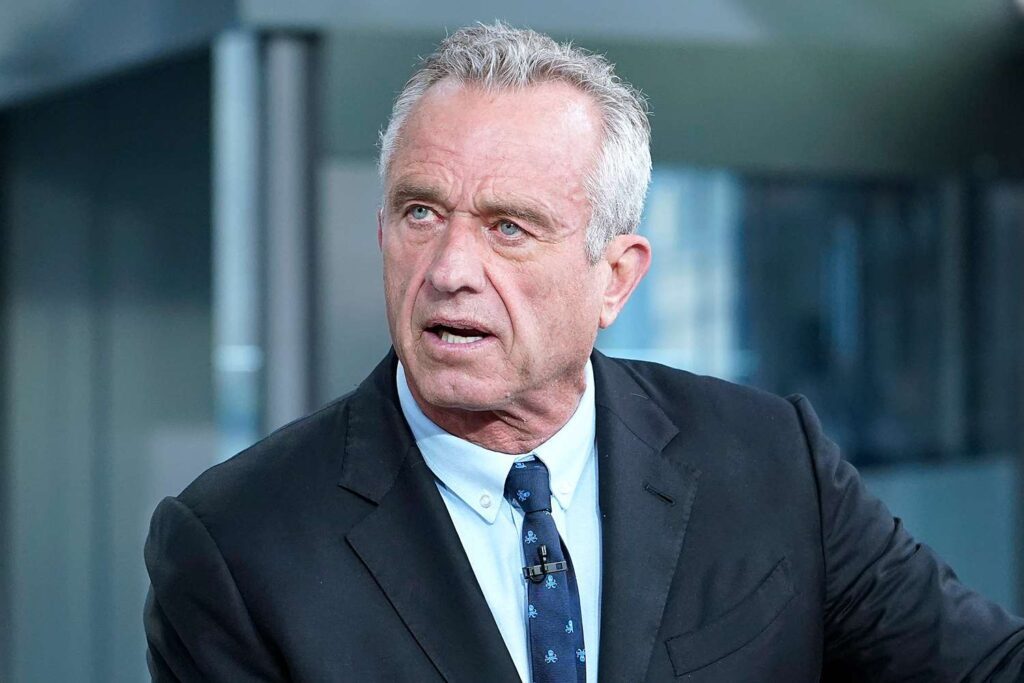Robert F. Kennedy Jr. to Collect Medical Records for Autism Research
In a significant move aimed at autism research, Robert F. Kennedy Jr., Secretary of the Department of Health and Human Services, has announced plans to gather private medical records from Americans. This initiative, geared towards comprehensive autism studies, will utilize data from a variety of sources including pharmacy chains, laboratory tests, and even wearable health technology.
Data Access and Research Collaboration
On April 21, Dr. Jay Bhattacharya, the Director of the National Institutes of Health (NIH), disclosed that Kennedy would be granted access to extensive medical data derived from both federal and commercial databases. As reported by CBS News, this unprecedented access aims to underpin a new research registry that tracks individuals with autism across the United States.
- Data Sources: The collected data will encompass a wide array of records, such as:
- Medical records from major pharmacy chains
- Laboratory test results
- Genomic data from patients served by Veteran Affairs and Indian Health Services
- Claims from private health insurance
- Information from smartwatches and fitness trackers
Research Goals and Potential Impacts
Dr. Bhattacharya emphasized the potential for this data aggregation to enable real-time health monitoring across the American population. “What we are proposing is a transformative real-world data initiative aimed at providing a robust and safe computational data platform for chronic disease and autism research,” he noted, highlighting the collaborative effort that involves a group of external researchers. These partnerships are expected to facilitate the study of autism in ways that have not been previously possible.
Controversy Surrounding Kennedy’s Statements
Recent comments by Kennedy at a press conference on April 16 have sparked backlash within the autism community. He stated that “autism will destroy families,” remarks which many advocates considered outdated and stigmatizing. Alison Singer, president of the Autism Science Foundation, criticized Kennedy’s assertions for painting a negative picture of individuals with neurodevelopmental disorders.
Research has indicated that autism diagnoses among children in the United States have risen, with a CDC study citing that one in 31 children is diagnosed by age eight. However, experts attribute this increase not to a rising prevalence of autism but rather to improved identification and diagnostic tools within the medical community.
Expert Opinions on Autism Prevalence
Dr. Alex Colebzon, a child and adolescent psychiatrist at the Seaver Autism Center, reassured parents and caregivers about the situation. “We haven’t seen the autism epidemic,” he stated, encouraging families to remain calm as understanding and identification of autism continue to evolve.
This initiative led by Kennedy and the NIH aims to shed more light on autism and improve the lives of those affected by it through data-driven insights and research.


